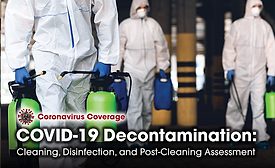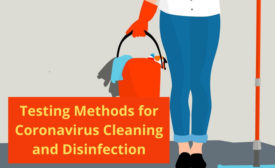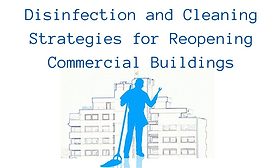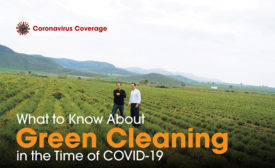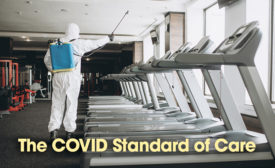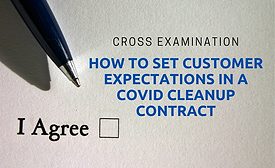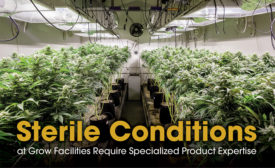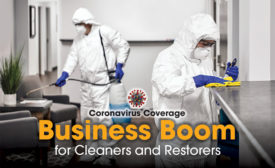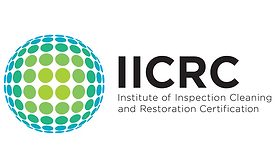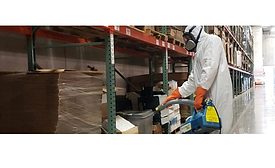Contamination Restoration & Remediation
Coronavirus Coverage
IICRC Revising Current S540 Standard for Trauma and Crime Scene Cleanup
Applications to serve on the consensus body are being accepted until August 31.
June 9, 2020
Get our new eMagazine delivered to your inbox every month.
Stay in the know on the latest disaster restoration and remediation trends.
SUBSCRIBE TODAY!Copyright ©2022. All Rights Reserved BNP Media.
Design, CMS, Hosting & Web Development :: ePublishing
